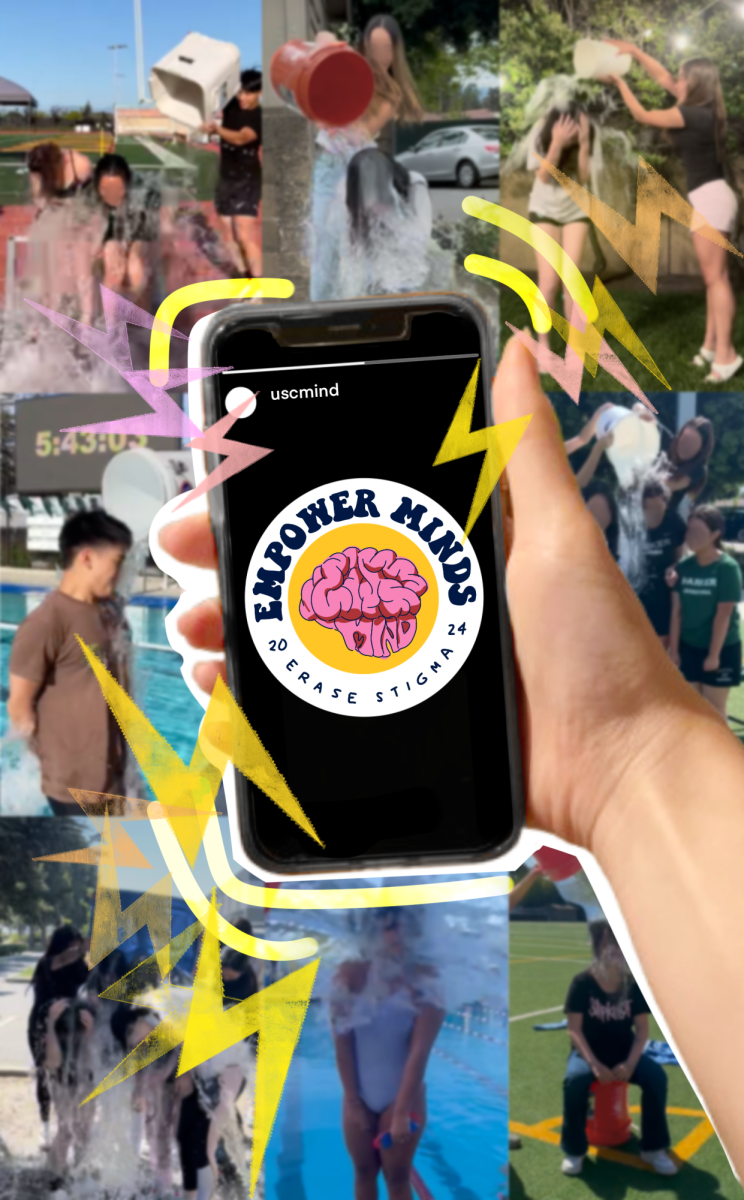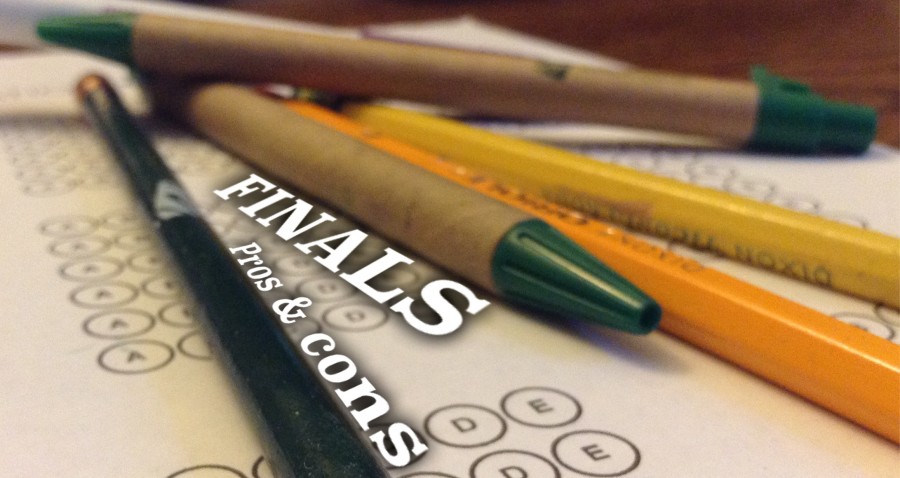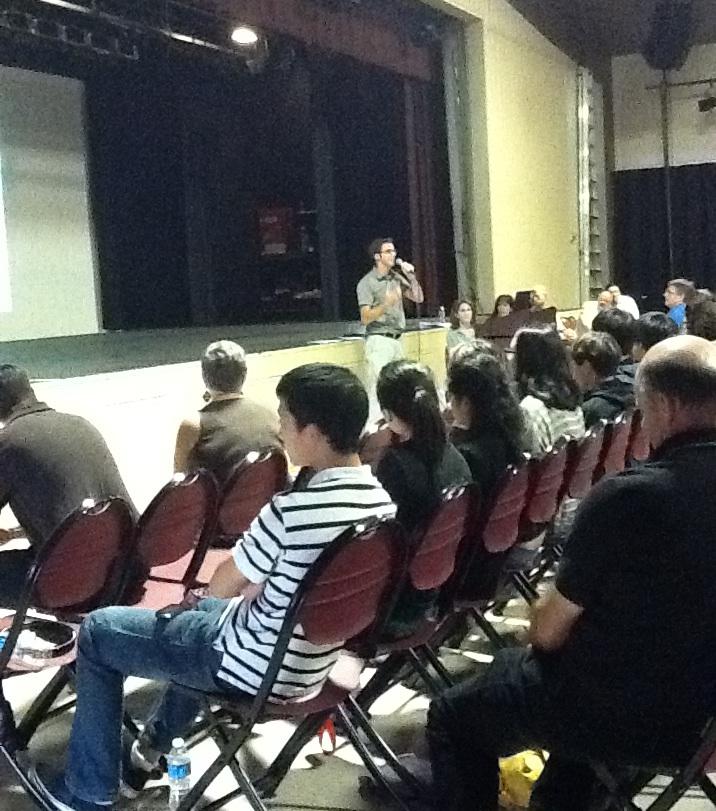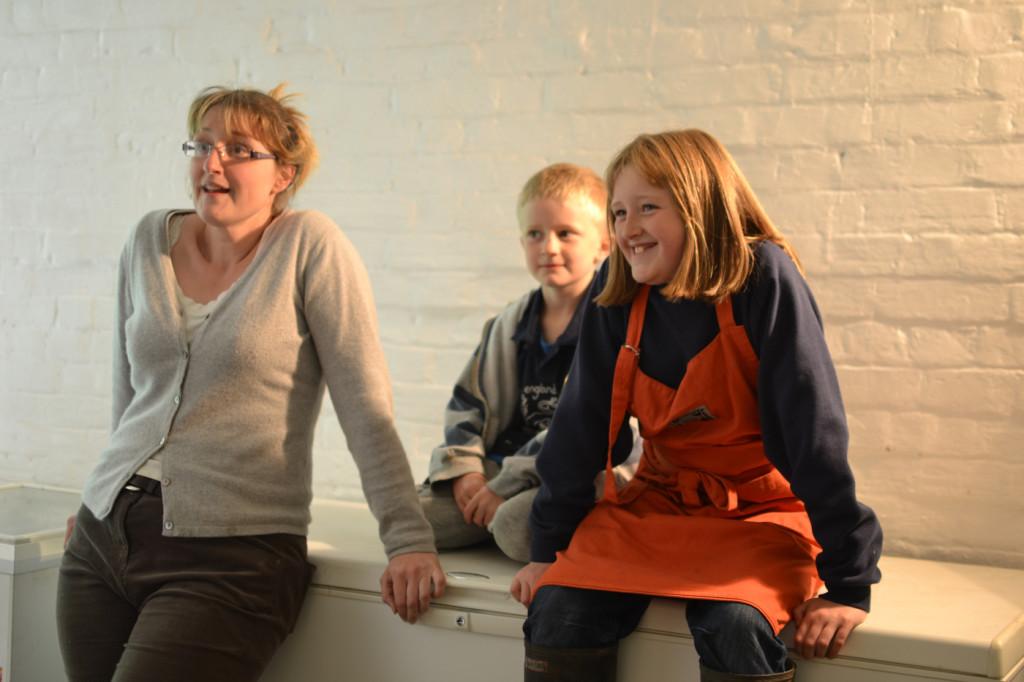Take three deep breaths. In. Out. In. Out. In. Out. With students’ busy academic schedules, sports, and other commitments, it is sometimes easy to forget a basic necessity in life: relaxation.
Psychology teacher Dr. Naomi Schatz recommends various methods to help students relax. Her first suggestion is to get a sufficient amount of sleep, which usually results from good time management. “Too many students don’t use their time wisely, which only leads to stress, and in fact possibly even less sleep because they were procrastinating,” Schatz said.
According to her, a deficit of sleep plus procrastination result in turning in low quality work, a depleted immune system, and a cranky personality. Another solution for stress relief is to exercise. “Even if it’s just walking, it doesn’t have to be hard core aerobic running, it can just be walking for half an hour a day just getting some fresh air and clearing your mind. There is a huge correlation, positive correlation, between exercise and mental well-being,” she said, “In fact, there is a lot of research that shows that [exercise is] as effective as medication sometimes.”
For quick ways to relax, Schatz recommends taking in three, long, deep breaths. “Because if you’re taking those deep breaths and quieting your mind, even just for those 30 seconds, it could relieve a lot of anxiety at the moment. Because technically your body cannot be stressed and relaxed at the same time,” Schatz said.
According to Schatz, yoga could be very relaxing, but it does not work for her. She used yoga as an example to prove her point that different ways to relax do not always work for everyone. “You gotta find what works for you. You know there are so many people out there that say yoga, yoga, yoga, and I’ve tried it three or four different times in my life, and I don’t like it,” Schatz said, “It doesn’t work for me. What works for me is exercise. So you need to find what works for you.”
Although yoga does not particularly work for Schatz, English teacher Jennifer Siraganian finds yoga very relaxing.
“I do a lot of yoga, so I really enjoy doing Vinyasa yoga, and Hatha yoga. And I also like to bike ride, so I bike around the city and I really enjoy that, and I ride a lot too,” Siraganian said. However, in order to relax at school, she has another method of relaxing. “Probably drinking tea, I really like tea, or just talking to friends, that helps too,” she said.
Besides exercising and sleep, there are many other methods people can use to relax. Although doing yoga, practicing meditation and even closing one’s eyes are helpful ways to relax, students can also develop individualized methods of relaxation.
Freshmen Lori Berenberg and Apricot Tang both have their individualized ways that they use to relax on a daily basis.
“I take naps, and I read, and I talk with my friends, and several days a week I dance,” Lori said.
“I go on Gmail, I take a really long shower, or I just kind of fool around with my closet. I clean up,” Apricot said.
For Brea Borlas (12) and Proteek Biswas (10), watching TV and listening to music relaxes them by helping them take their mind off of school. Brea specified that doing anything not school or work related helps her relax. Proteek also plays video games such as FIFA to help him relax.
Andrew Liang (11) relaxes different ways at home versus at school. At school, he feels that eating a lot at lunch and just feeling good are the only ways to relax. However, at home he enjoys spending time with his friendly companion.
“I have a dog, so I guess I release stress sometimes by taking her out for a run,” he said, “That’s always helpful, and it takes my mind off of some stuff, so it’s good.”


















![“[Building nerf blasters] became this outlet of creativity for me that hasn't been matched by anything else. The process [of] making a build complete to your desire is such a painstakingly difficult process, but I've had to learn from [the skills needed from] soldering to proper painting. There's so many different options for everything, if you think about it, it exists. The best part is [that] if it doesn't exist, you can build it yourself," Ishaan Parate said.](https://harkeraquila.com/wp-content/uploads/2022/08/DSC_8149-900x604.jpg)




![“When I came into high school, I was ready to be a follower. But DECA was a game changer for me. It helped me overcome my fear of public speaking, and it's played such a major role in who I've become today. To be able to successfully lead a chapter of 150 students, an officer team and be one of the upperclassmen I once really admired is something I'm [really] proud of,” Anvitha Tummala ('21) said.](https://harkeraquila.com/wp-content/uploads/2021/07/Screen-Shot-2021-07-25-at-9.50.05-AM-900x594.png)







![“I think getting up in the morning and having a sense of purpose [is exciting]. I think without a certain amount of drive, life is kind of obsolete and mundane, and I think having that every single day is what makes each day unique and kind of makes life exciting,” Neymika Jain (12) said.](https://harkeraquila.com/wp-content/uploads/2017/06/Screen-Shot-2017-06-03-at-4.54.16-PM.png)








![“My slogan is ‘slow feet, don’t eat, and I’m hungry.’ You need to run fast to get where you are–you aren't going to get those championships if you aren't fast,” Angel Cervantes (12) said. “I want to do well in school on my tests and in track and win championships for my team. I live by that, [and] I can do that anywhere: in the classroom or on the field.”](https://harkeraquila.com/wp-content/uploads/2018/06/DSC5146-900x601.jpg)
![“[Volleyball has] taught me how to fall correctly, and another thing it taught is that you don’t have to be the best at something to be good at it. If you just hit the ball in a smart way, then it still scores points and you’re good at it. You could be a background player and still make a much bigger impact on the team than you would think,” Anya Gert (’20) said.](https://harkeraquila.com/wp-content/uploads/2020/06/AnnaGert_JinTuan_HoHPhotoEdited-600x900.jpeg)

![“I'm not nearly there yet, but [my confidence has] definitely been getting better since I was pretty shy and timid coming into Harker my freshman year. I know that there's a lot of people that are really confident in what they do, and I really admire them. Everyone's so driven and that has really pushed me to kind of try to find my own place in high school and be more confident,” Alyssa Huang (’20) said.](https://harkeraquila.com/wp-content/uploads/2020/06/AlyssaHuang_EmilyChen_HoHPhoto-900x749.jpeg)














